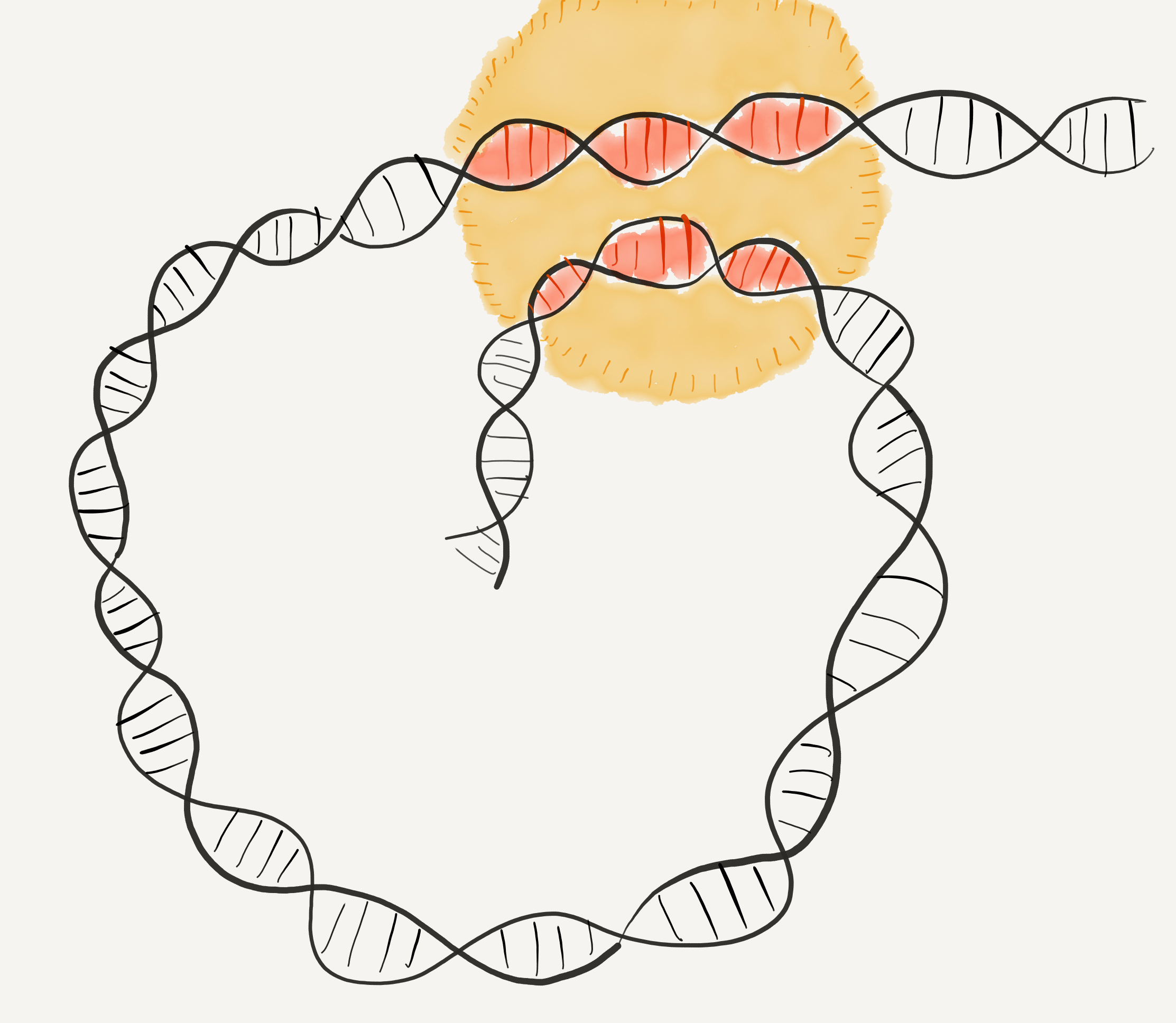Epigenetic effects of transposable elements along linear chromosomes
Various eukaryotes have evolved ways to “mark” TE sequences with repressive epigenetic marks, which reduce the ability of TEs to move and to multiply. However, we and others discovered that these repressive epigenetic marks at TEs inadvertently “spread” to neighboring genes along the linear chromosome in insects, plants, and mammals. Our recent results further revealed that this phenomenon (“epigenetic effects of TEs”) is prevalent across the Drosophila genomes, interferes with gene function, and impairs organismal fitness. In other words, TEs are deleterious because of host silencing mechanisms evolved to reduce TEs’ harmful effects. We are investigating why organisms failed to curb these harmful side effects and studying the associated functional consequences on the evolution of both eukaryotic genomes and TEs.



